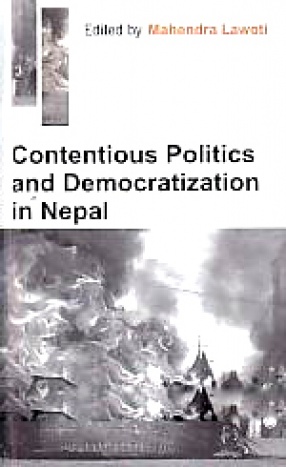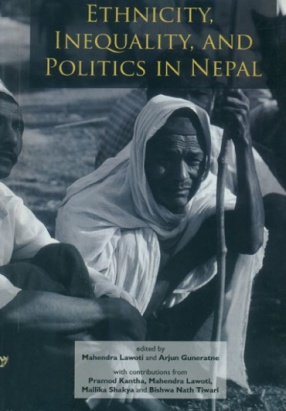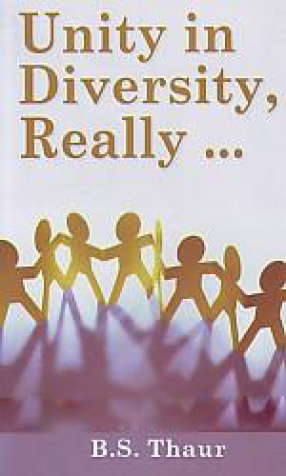After the restoration of democracy in 1990, Nepal witnessed collective political struggles—identity and gender movements, public protests and strikes, and the Maoist rebellion. This volume examines the causes, consequences, and effectiveness of such contentious politics, and their relationship to democratization.
Contradicting the popular thesis that contentious politics generally promotes democratization, this topical book shows that some forms of contentious politics can hinder it, even as other forms strengthen democracy. It also suggests that the nature of activities—whether they are coercive or voluntary—lead to different effects on democratization. A timely addition to the literature on Nepal, it will be of interest to scholars studying democratic politics, as well as practitioners engaged in nurturing development in fledgling democracies.






There are no reviews yet.